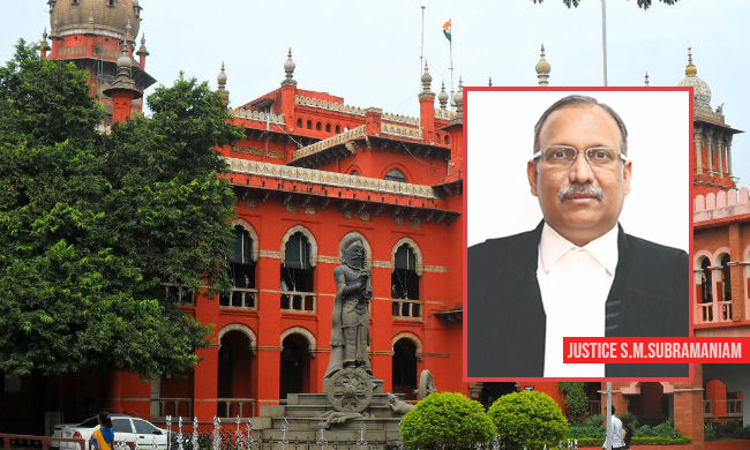Take Criminal Action Against Police Officials Receiving 'Mamool': Madras High Court
Upasana Sajeev
25 Jun 2022 11:00 AM IST

Next Story
25 Jun 2022 11:00 AM IST
While dismissing a retired sub-Inspector's plea challenging the order of punishment of reduction in the time scale of pay by three stages for three years, the Madras High Court expressed its concern over police officers taking bribes and thereby affecting the welfare of people.Justice SM Subramaniam was of the view that whenever receiving bribes is traced out, criminal cases should be...
